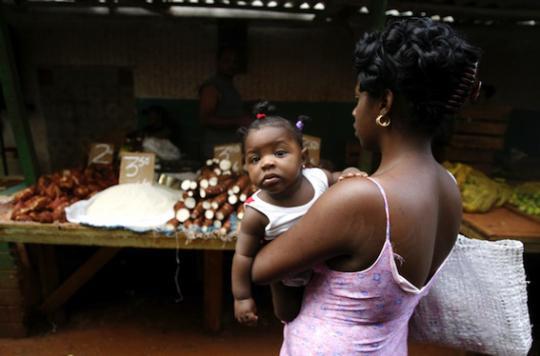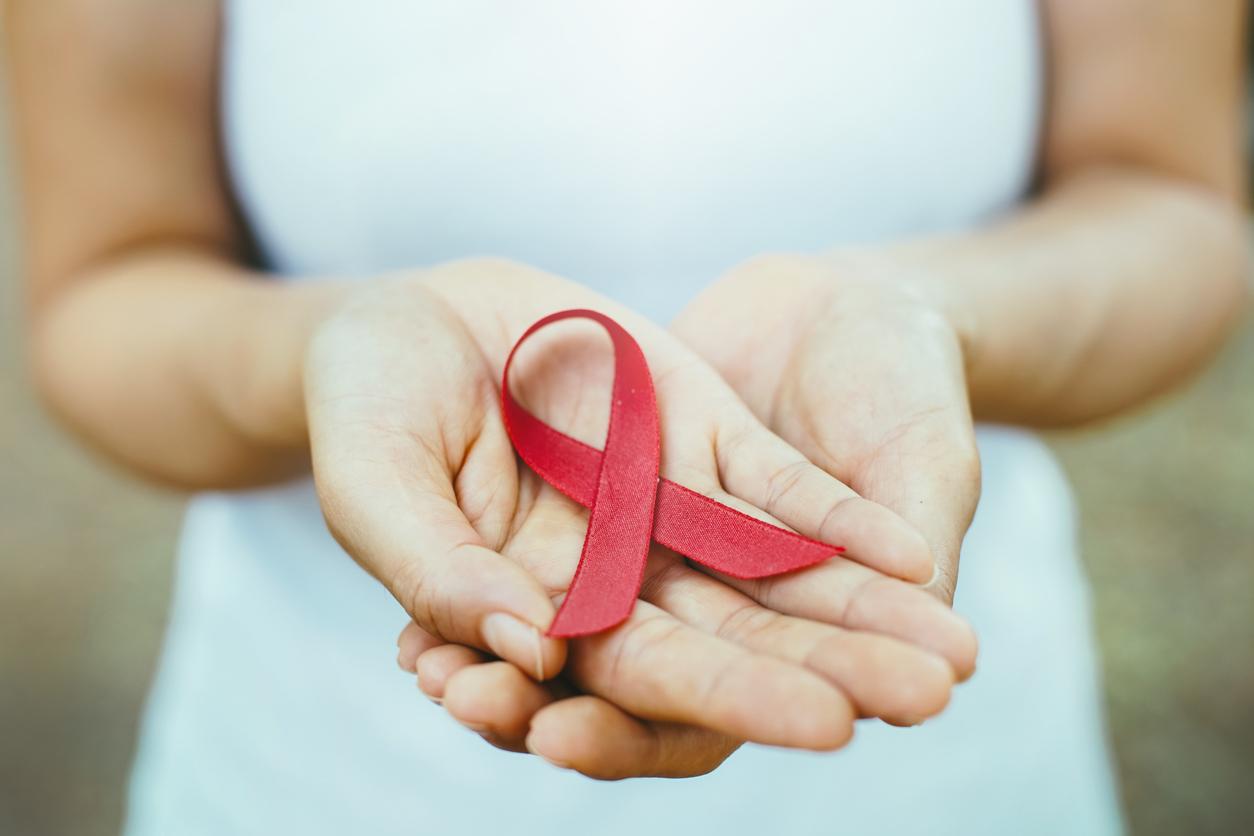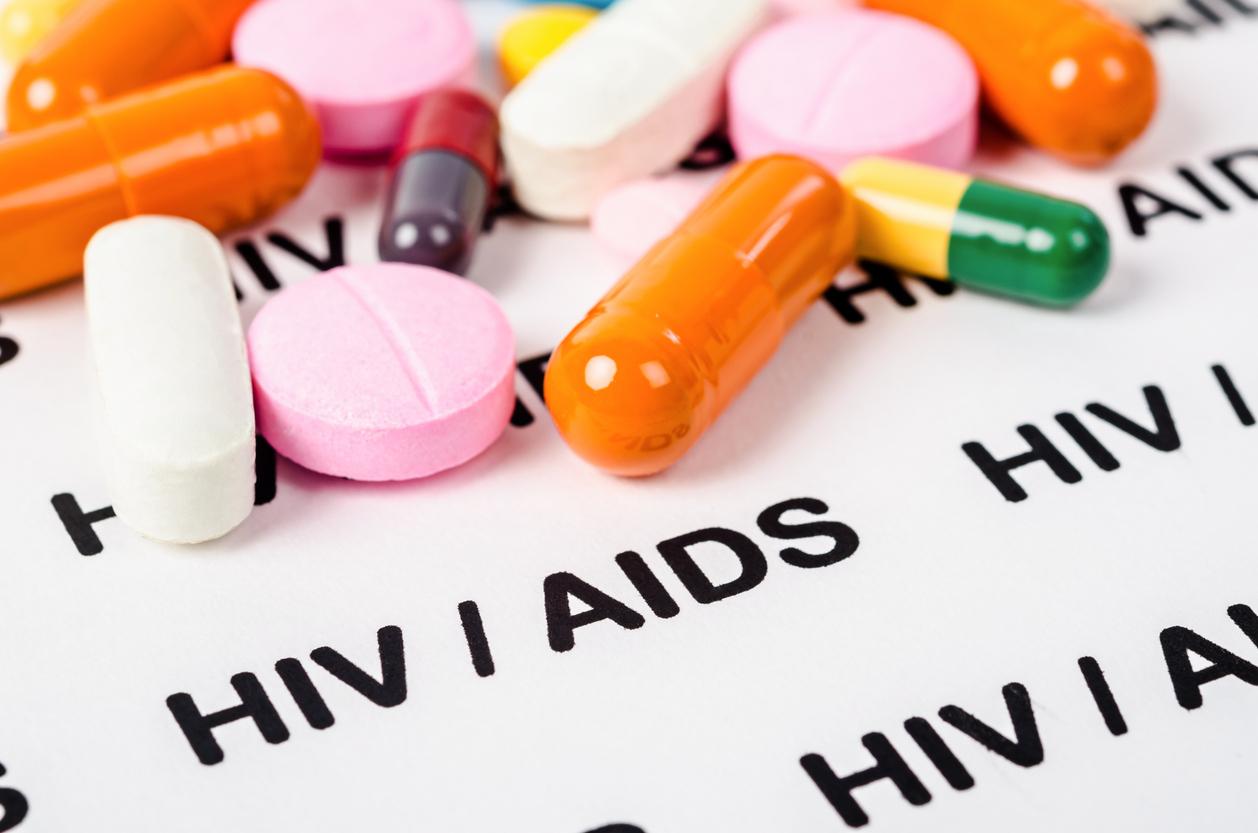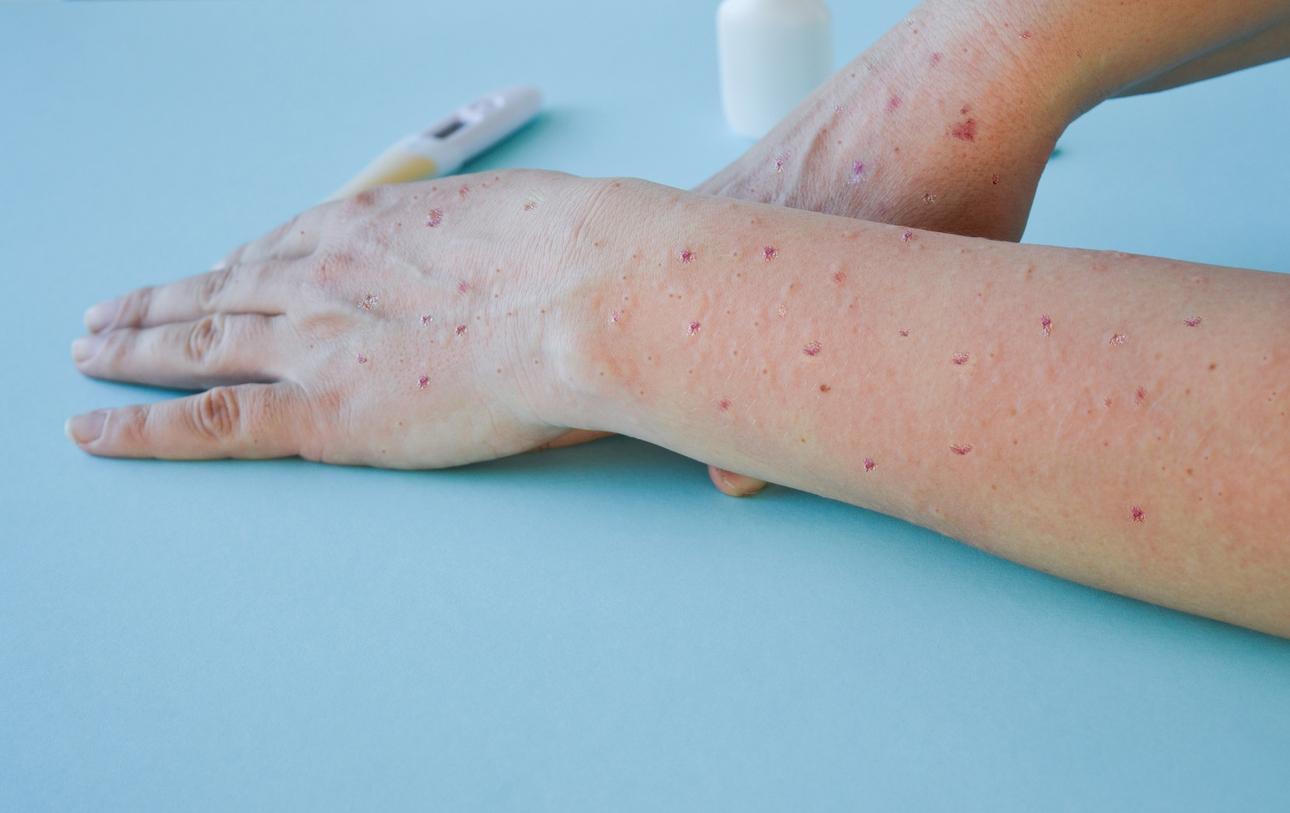WHO has officially declared Cuba as the first country in the world to have eliminated mother-to-child transmission of the AIDS and syphilis virus.

When the World Health Organization (WHO) praises Cuban politics! On June 30, 2015, the Caribbean island became the first country to have completely eliminated mother-to-child transmission of HIV and syphilis. “This is a major victory in our long struggle against the human immunodeficiency virus (HIV) and sexually transmitted infections, as well as an important step towards the goal of an AIDS-free generation,” said Margaret Chan , Director-General of WHO, in a Press release published Monday.
Access to antiretrovirals for all
To understand, Dr Carissa Etienne, director of the Pan American Health Organization (PAHO), explained to Agence France Presse (AFP) that this victory was possible “by simply offering all Cubans universal access to medical coverage ”.
In Cuba, all HIV-positive women therefore have access to antiretroviral treatment as well as comprehensive antenatal care. They also benefit from a scheduled delivery by cesarean section, this method greatly reducing the risk of the virus passing from mother to child, compared to vaginal delivery. A substitution for breastfeeding is also offered.
Twice fewer children born with HIV since 2009
Words that the WHO confirms, since the leader of the Ounusian Agency considered that this success “is proof that by providing the necessary means, the fight against AIDS can be very effective”.
She recalled that “without treatment with antiretrovirals, a pregnant woman infected with HIV has between 15 and 45% of risks of infecting her child”, during pregnancy, childbirth or while breastfeeding.
All this while adding that this risk “is virtually eliminated, falling to just over 1% if the mother takes antiretrovirals during pregnancy as well as the child just after birth”.
As a result, since 2009, efforts to combat the transmission of mother / child infections have proven their worth. The number of children born with HIV annually was almost halved, from 400,000 that year to 240,000 in 2013.
As a reminder, around 1.4 million women infected with HIV become pregnant each year around the world, mostly in developing countries, and particularly in sub-Saharan Africa. Syphilis affects 1 million pregnant women each year and can have serious consequences for infants: miscarriages, death and neonatal infections. “However, there are inexpensive, effective and simple treatments to implement during pregnancy, such as penicillin,” AFP concludes in a report.
.

















